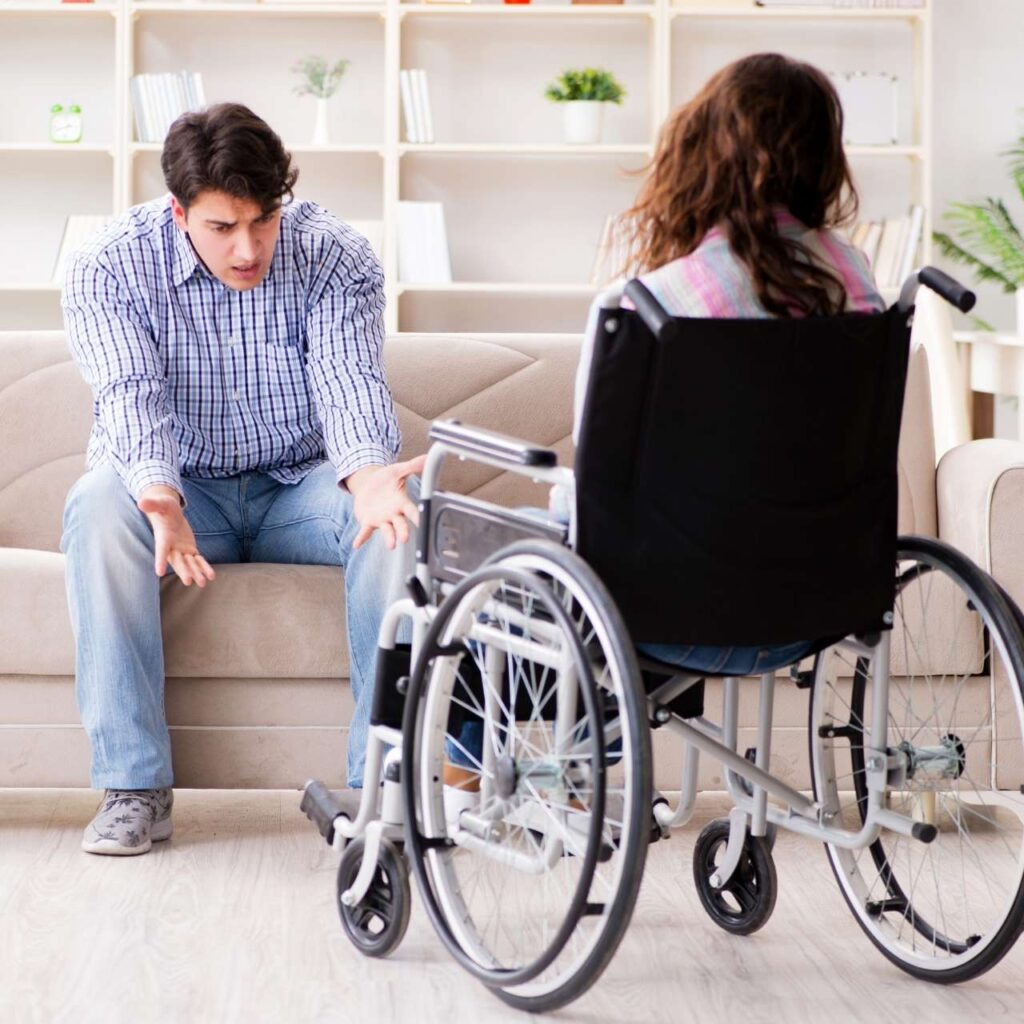
Non nobis solum nati sumus.
(Not for ourselves alone are we born.)― Marcus Tullius Cicero
A caregiver is usually a relative, friend, or family member, or helper of the person in need. On most occasions, one becomes a caregiver when the other person is unable to perform a lot of activities on their own due to medical or psychiatric conditions. The care recipient becomes dependent on the caregiver for their activities of daily living, and financial, emotional, and psychological needs. Dependency can vary based on their condition.
The caregiver might be the person helping the loved one bathe, feed, dress or toilet. They also are doing the laundry, grocery shopping, take in appointments, manage finances, preparation of meals, clean the house, etc. Along with this, they are emotionally involved with their loved ones. Any change in their health and response can cause worry to the caregiver. The caregiver is struggling with the responsibilities of their own family members, work and their loved ones.
Caregivers often say that it is a very rewarding and fulfilling experience, it makes them feel closer to their loved ones. They also feel it builds their resilience.
While you may love taking care of your loved ones it can become challenging, taxing and difficult if we ignore the signs of burnout and continue to be a caregiver. Caregiver burnout happens when one is physically, emotionally and mentally exhausted. The main
reasons for caregiver burnout are role confusion, unrealistic expectations and demands, limited resources and financial burdens. Some of the signs to watch out for if you are a caregiver:
- Loneliness: You suddenly start to feel lonely, as if there is no help available. You may also feel there is no one to talk to.
- Anger: You lose your temper at your loved ones and others around you. In a while, you may feel guilty for your reactions.
- Losing Interest: You have no time for yourself and you lose interest in activities that would be fun earlier.
- Disturbed Sleep: You don’t wake up feeling fresh and energized. You may experience difficult staying asleep.
- Hopelessness: Feeling hopeless and helpless or in a low mood for the most part of the day.
- Anxious thoughts: Overthinking about the future and day-to-day tasks can cause anxious thoughts.
- Ignoring one’s own physical and emotional needs: As individual takes on the role of a caregiver, they become so occupied to take care of others’ needs that they ignore their own feelings, emotions and physical health.
- Lowered Resistance to Illness: They often have cold, cough, headaches, stomachaches, gastritis and other physical symptoms.
- Tiredness: They often feel fatigued, tired and have low energy.
- Changes in Appetite: Sometimes there are changes in diet. They may gain or loss weight.
- Emotional Exhaustion: They are easily irritable as they feel all their coping abilities are exhausted.
- Resentment: They may develop resentment and hurtful feelings for the loved one who is ill. They may feel trapped due to the caregiver role. They sometimes wish the other person was not alive but later feel guilty for having such feelings.
- Trapped: They may feel trapped in their situation but keep thinking about disappearing or running away.
- Substance Abuse: The caregiver may develop habits of consuming alcohol or drugs or
smoking. - Neglecting or mistreating the Care recipient: The caregiver may start to ignore the needs of the loved one or misbehave with them.
- Alienation: Caregivers tend to alienate themselves and withdraw from other family
members and friends.
If you feel you have noticed any of these signs or most of these signs, then you may use the tips or reach out to a professional to get help:
- Be aware of how much responsibility you can take – if at any point you may feel you are overburdened, take a small step back and reevaluate the delegation of work.
- Even a caregiver needs help. So don’t be hesitant to seek the help you need from other family members around you.
- Reach out to a friend or family member to talk about how you feel.
- Read up more about your loved one’s illness, to be able to support them better.
- Spend time taking care of your health and emotional needs.
- Avoid Skipping meals.
- Sleep well.
- Join a support group yourself.
- Look for nursing homes or assisted living facilities or adult day care etc.
If none of the tips help or you feel you are already anxious or depressed you may wish to consult a professional to get the needed help.




